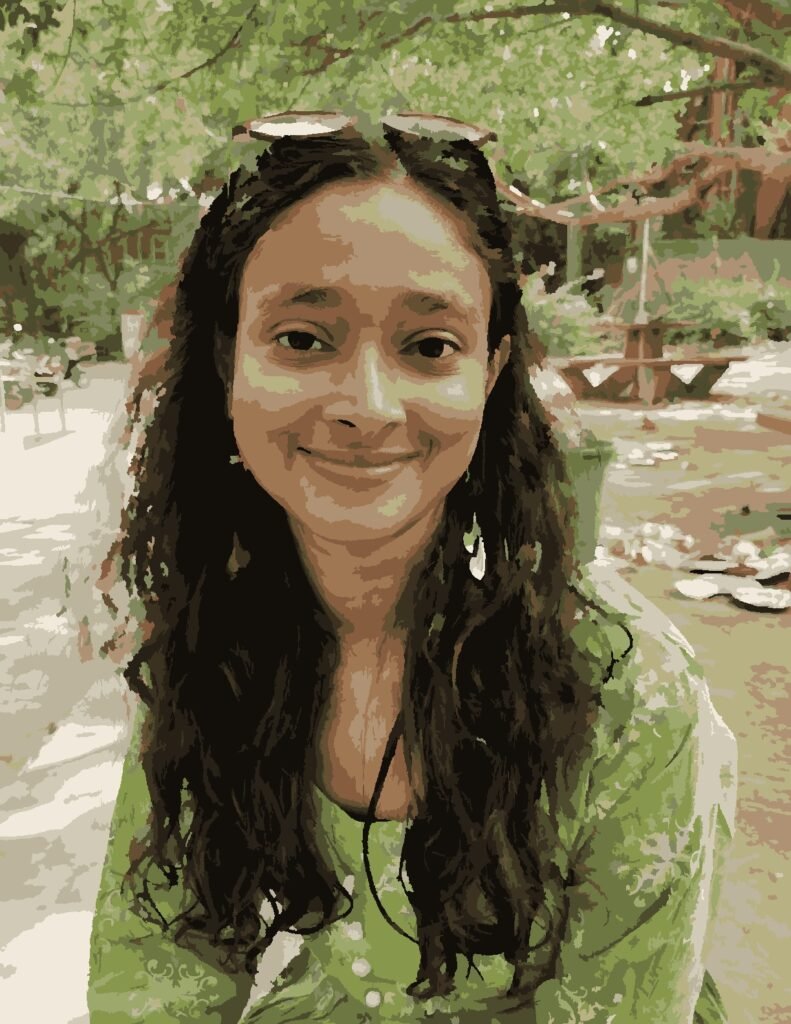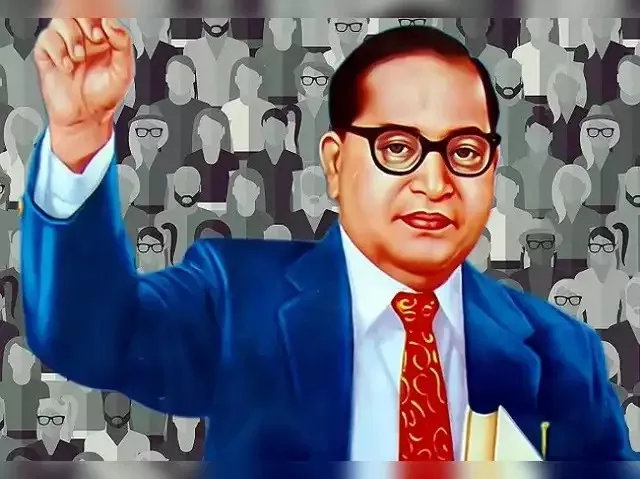We shall see better days soon, and our progress will be greatly accelerated if male education is persuaded side by side with female education.
- Dr. BR Ambedkar
Growing up in a Bahujan family, I always knew Dr. B.R. Ambedkar as the “Father of the Indian Constitution.” It was a fact etched into my consciousness, but no one told me he was our liberator. In school, celebrations revolved around Teachers’ Day on September 5, Children’s Day on November 14, and Gandhi Jayanti on October 2. Yet, April 14—Ambedkar Jayanti—was never mentioned. Dr. Ambedkar appeared in our textbooks as a general knowledge question, not as a beacon for the marginalized, an inspiration for the downtrodden, or a feminist who challenged systemic oppression. This pattern continued into college at Delhi University, where urban, capitalist culture fixated on fashion, love, football, and makeup. In one-on-one conversations, I rarely found peers genuinely interested in Ambedkar or Ambedkarism. Whenever I tried to discuss his ideas, I was labeled “the reservation girl,” as if my admiration for him stemmed solely from affirmative action. As a teenager, I would defend myself, insisting I admired Ambedkar for his thoughts, not just for reservation policies.
It wasn’t until I pursued my master’s at JNU that I began to fully grasp the significance of reservation. At 22 or 23, I realized there was no shame in entering university through the reserved category—reservation meant representation. It was a hard-won acknowledgment that I was socially and educationally disadvantaged, and affirmative action was a step toward justice, not a handout. This realization reshaped my perspective, but new challenges awaited.
When I entered the research arena for my MPhil, my caste and research choices became formidable obstacles. I hadn’t anticipated that my assertiveness about my rights and my marginalized background would make me a target in savarna-dominated academia. Upper-caste professors did everything to push me out, exploiting my vulnerabilities to derail my education. They refused to let me work on Dalit communities, dismissing my research interests as unworthy. They threw my thesis drafts aside, questioned my English, and relentlessly scrutinized my academic skills, doing all they could to force me to quit. But by then, Ambedkar was no longer just a name in a textbook—he had become my guide. His resilience, coupled with the indomitable spirit of Savitribai Phule, inspired me to fight back. Both faced relentless backlashes yet stood firm, carving paths for justice against all odds. Their inspirational stories echoed in my heart, giving me the strength to persevere. With their courage as my anchor, I survived, stood firm, and earned my degree against all odds. That’s the place Babasaheb holds in my life: a source of courage and conviction, alongside Savitribai’s legacy of defiance and hope.
The struggles didn’t end there. In my job at a private company, my caste and voice again became liabilities. When colleagues mocked Ambedkar’s social justice ideals or laughed at my reserved category status, I refused to stay silent. My responses, rooted in dignity, made me a target for petty workplace politics, setting back my career. Time and again, I tried to believe that upper-caste individuals could be inclusive and understanding, but my experiences—from school to the workplace—proved otherwise. My caste identity and assertiveness were constant hurdles, yet I survived, and continue to survive, because of Dr. Ambedkar.
Babasaheb’s own life fuels my resilience. Despite earning doctorates abroad, he was sidelined in his own country. His academic brilliance was overshadowed by his caste. As an officer, he faced humiliation when a savarna peon threw a glass at him instead of serving water. As an untouchable, he was denied housing. Yet, he rose above it all, drafting a Constitution that enshrined equality in Articles 14, 15, and 39—ensuring we are equal before the law, free from discrimination based on caste or gender, and entitled to equal pay for equal work. Whenever I read Babasaheb’s words, I find strength. If he could endure in a time without constitutional protections, why can’t I, when we have the Constitution to uphold our rights?
Dr. Ambedkar is my inspiration, my guide, and my shield. His legacy reminds me that our fight is not just personal but collective—a pursuit of justice that he began and we must carry forward. Every Bahujan especially women should read and understand Ambedkar.
Babasaheb amar rahe!

– Ritu, National General Secretary, AIOBCSA


